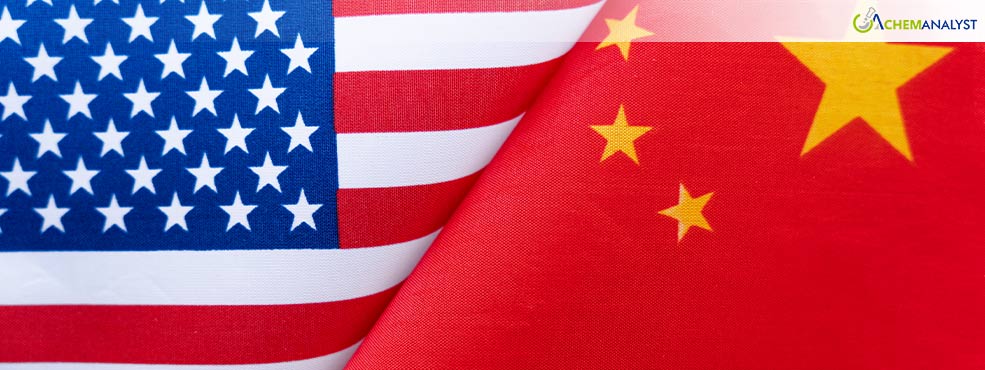Welcome To ChemAnalyst

China has responded to President Donald Trump's new tariffs on Chinese goods with swift retaliatory measures. On February 4, 2025, Beijing announced it would impose a series of tariffs on U.S. imports, including a 15% levy on coal and liquefied natural gas (LNG), and a 10% tax on crude oil, farm equipment, and certain automobiles. These tariffs will take effect on February 10, according to the Chinese Ministry of Finance.
This move follows the U.S.'s imposition of a 10% tariff on all Chinese imports starting at 12:01 a.m. ET on February 4.
China has not only imposed tariffs but also escalated tensions in the tech and rare earths sectors. The Chinese government announced an anti-monopoly investigation into Alphabet Inc.'s Google, marking a significant step in its ongoing scrutiny of U.S. technology companies. Additionally, Chinese authorities placed both PVH Corp., the owner of Calvin Klein, and U.S. biotech firm Illumina on an “unreliable entities list,” further complicating U.S.-China economic relations.
China's moves come as the U.S. also takes steps to bolster its economic position. On February 3, Trump suspended his planned 25% tariffs on Mexico and Canada, agreeing to a 30-day reprieve in exchange for stricter enforcement of border and drug trafficking measures. The U.S. is working closely with both countries to combat illegal immigration and smuggling, alleviating some concerns over disrupted trade in North America.
China has implemented export controls on rare earth elements—such as tungsten, molybdenum, and indium—critical for the clean energy transition, citing national security concerns. These resources are vital in the production of batteries, electronics, and other high-tech applications, areas where the U.S. relies heavily on imports from China.
As both sides dig in their heels, global markets are bracing for continued volatility. Stock markets in Hong Kong responded to the escalation with a pullback, while the Chinese yuan weakened against the U.S. dollar, sending ripple effects through international financial markets. Analysts are unsure whether the dispute will reach a resolution soon, with many predicting that tariffs will remain a recurring tool in the trade relations between the U.S. and China for the foreseeable future.
The White House has indicated that President Trump will not speak with Chinese President Xi Jinping until later in the week, leaving open the possibility for further diplomatic efforts to resolve the tensions. However, as it stands, the trade war is far from over, and its implications for global trade, economies, and industries continue to grow.
We use cookies to deliver the best possible experience on our website. To learn more, visit our Privacy Policy. By continuing to use this site or by closing this box, you consent to our use of cookies. More info.
